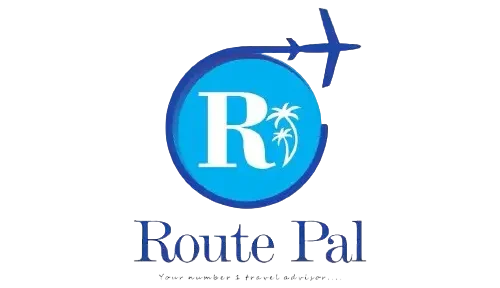Starting April 22, 2025, the United States Embassy in Abuja and Lagos will enforce stricter application guidelines for all nonimmigrant visa applicants, introducing new measures aimed at reducing appointment errors and enhancing processing efficiency.
Key Requirement: Barcode Consistency
Under the new directive, applicants must ensure that the DS-160 form’s barcode number matches the barcode used to book their visa appointment. The U.S. Embassy emphasized that this step is non-negotiable, and failure to comply will result in denied entry to the visa interview.
According to the official announcement, the barcode number on the DS-160 form must begin with “AA00”, and appointments must be scheduled at the same embassy or consulate location selected on the DS-160 form.
Consequences for Mismatches
Applicants with mismatched DS-160 barcode numbers and appointment details will be refused entry into the Consular Section and barred from attending their scheduled interviews. The Embassy warned that previously submitted DS-160 forms from earlier applications cannot be reused.
To avoid complications, applicants are advised to:
-
Verify barcode numbers at least two weeks before their interview date.
-
Submit a support ticket through the AVITS system if any discrepancies are found—this should be done at least 10 days before the appointment.
-
Book a new appointment if denied access due to barcode mismatch. Be aware that expired visa fees will require repayment.
Why the Change?
The U.S. Embassy stated that the updated requirement is designed to minimize errors, reduce appointment delays, and ensure more efficient interview processing.
What Applicants Need to Know
-
DS-160 Validity: The DS-160 form is valid for 30 days from the start of the application (if unsubmitted). Once submitted, it remains valid for the duration of your application process. However, long periods of inactivity could result in expiration.
-
Cost: There is no charge to file the DS-160 itself, but applicants must pay a visa processing fee based on the visa type, as outlined on the U.S. Department of State website.
-
Applicable Visa Types:
-
B1/B2 Visitor Visas – for business, tourism, or medical purposes.
-
F-1 & M-1 Student Visas – for academic and vocational studies.
-
J-1 Exchange Visas – for cultural and educational exchanges.
-
K Visas – for fiancés/spouses of U.S. citizens.
-
H-1B, L-1, O-1, and P Visas – for professionals, company transfers, individuals with extraordinary abilities, and entertainers/athletes.
-
With these changes taking effect soon, visa applicants in Nigeria are strongly encouraged to double-check all details on their DS-160 forms and appointments to avoid disruptions. Staying updated and compliant is key to a successful visa application experience.
